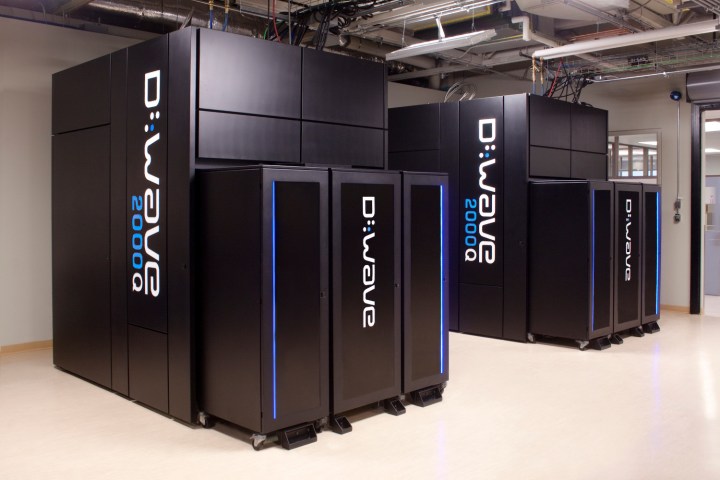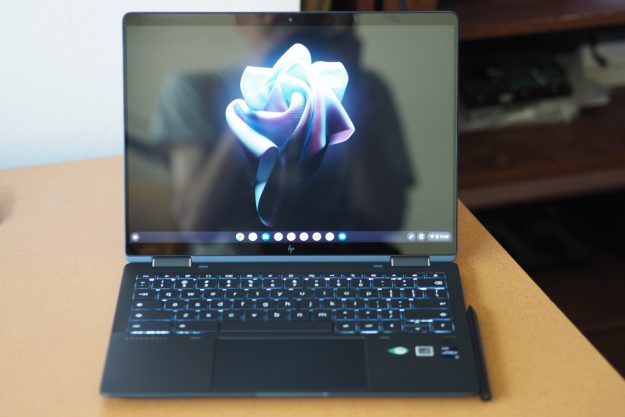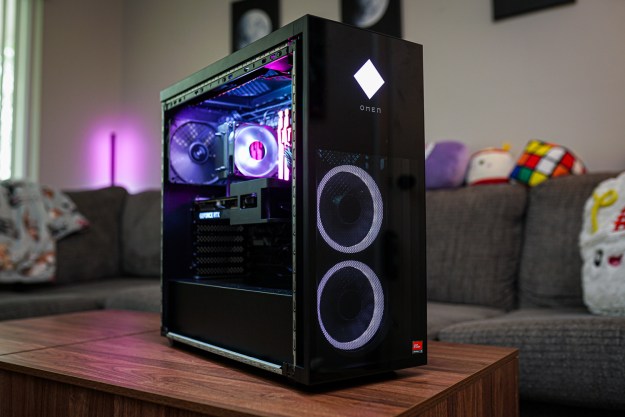
As a brief explainer, a qubit is short for a quantum bit, which is a unit of quantum information. It’s different than a standard binary bit in that the state of a qubit can be zero, one, or a superposition of those two states whereas a normal bit can only be zero or one. The superposition aspect is part of quantum mechanics declaring that any two or more distinct quantum states can be added together to create another valid quantum state. As this video demonstrates, just imagine that a qubit state can be a slice of pizza and a bagel at the same time.
The point is, quantum computing is the next step in the evolution of computing on a whole. It’s based on the use of quantum particles that can exist in multiple states at the same time. This increases the overall computation power along with their ability to become entangled with each other, providing parallel processing that can cut down on the overall computing time. That means quantum computers can solve problems that usually take a very long time for traditional bit-based computers to complete.
“The new system will be the third generation of D-Wave technology installed at Ames,” D-Wave CEO Vern Brownell said. “We are pleased that Google, NASA, and USRA value the increased performance embodied in our latest generation of technology, the D-Wave 2000Q system, for their critical applications.”
Right now, the drawback to quantum computing is the needed extreme environment conditions. The processor resides in a high vacuum with a pressure of 10 billion times lower than the Earth’s atmosphere. The qubits also must be chilled close to absolute zero “to harness quantum effects,” thus the environment inside the massive 2000Q enclosure is 180 times colder than interstellar space, or 0.015 degrees above absolute zero.
Unfortunately, D-Wave isn’t forthcoming about all the hardware inside the 2000Q system. However, here are a few additional highlights:
- Provides 200 I/O and control lines from room temperature to the chilled processor.
- The overall system consumes less than 25 kilowatts of power.
- It’s shielded to 50,000 times less than Earth’s magnetic field.
- The processor is enclosed in a closed cycle dilution refrigerator.
D-Wave said that NASA is installing the 2000Q quantum computer at its Ames Research Center later in 2017. Used by the Quantum Artificial Intelligence Laboratory team, it will be accessed to address the challenges NASA faces by utilizing quantum computing approaches and creating quantum artificial intelligent algorithms. NASA began its quantum journey with the D-Wave Two (2013) followed by the D-Wave 2X (2015).
Editors' Recommendations
- IBM’s new 127-qubit processor is a major breakthrough in quantum computing
- Exclusive: Google reveals 2,000-person diversity and inclusion product team


